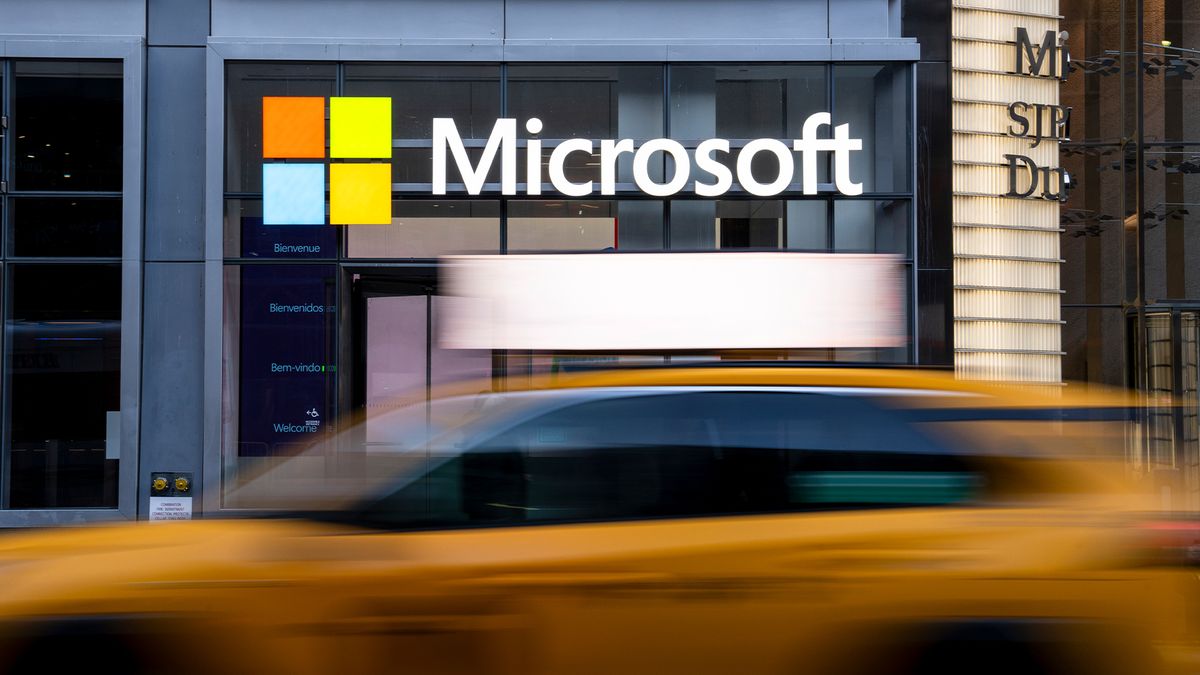Microsoft has reportedly ended leases for a significant amount of data center capacity, sparking debate over whether the AI boom is starting to falter.
A note from analysts at TD Cowen claimed Microsoft had cancelled leases in the US at two separate data center operators, pulled out of yet to be signed leases, and shifted some of its international spending to the US.
“When coupled with our prior channel checks, it points to a potential oversupply position for Microsoft,” the analysts wrote, noting that some of that now cancelled investment was previously tied to expected increases in OpenAI workloads, as Microsoft is its biggest provider.
That could be set to change amid a government-led push to spur $500 billion in investment in AI infrastructure known as Stargate, and as OpenAI works with other partners including Oracle.
The apparent pullback on data centers runs counter to Microsoft’s previously stated plans, with the company pledging to invest $80bn in data centers this year, with CFO Amy Hood saying in an earnings call that Microsoft was “short of power and space”.
Business as usual for Microsoft?
Microsoft didn’t comment directly on the analyst note, but said in a statement sent to journalists that those investment plans remain unchanged — suggesting it believes the AI boom is here to stay.
“Thanks to the significant investments we have made up to this point, we are well positioned to meet our current and increasing customer demand,” a spokesperson said. “Last year alone, we added more capacity than any prior year in history.”
“While we may strategically pace or adjust our infrastructure in some areas, we will continue to grow strongly in all regions. This allows us to invest and allocate resources to growth areas for our future,” they added.
“Our plans to spend over $80bn on infrastructure this FY remains on track as we continue to grow at a record pace to meet customer demand.”
Build better AI, not just bigger
Microsoft’s move might be a welcome sign that the industry is maturing in its attitude towards AI, according to one industry expert.
Aiimi CTO Paul Maker noted the pull back suggests they are “reassessing the bigger is better approach that has dominated AI over the past couple of years.
“It signals a shift from blind expansion to a more practical and realistic mindset. They are likely realizing that scaling AI for scale’s sake is not sustainable,” Maker said.
Since the start of the generative AI ‘boom’ in late 2022, major tech players such as Microsoft have been fighting a war of attrition with competitors to roll-out larger models with enhanced capabilities.
But the industry has been moving toward smaller AI models, and placing a particular emphasis on developing those that can be run locally on devices.
The arrival of DeepSeek, the Chinese model that requires less compute to operate at a similar level to American rivals, may further fuel this approach.
Maker noted that it’s not entirely down to the DeepSeek bombshell. Instead, it could be down to slower than expected adoption rates.
“The big players have been racing to build enormous compute capacity, assuming AI adoption would explode. But real adoption has been slower than expected,” he added. “Not because the models are not powerful enough but because businesses do not need them at that scale.”
He called for AI developers to refocus on creating value for businesses, asking them to consider what exactly businesses will use AI for — in other words, building use cases instead of larger models.
“The hard truth is that this is the only way they will generate real ROI and drive value,” Maker added.
“If businesses cannot actually use these models they are not worth investing in… this could mark a welcome broader shift from an arms race in compute to AI that companies can actually use.”
MORE FROM ITPRO
Source link
